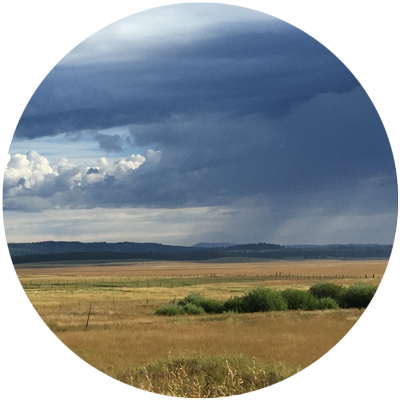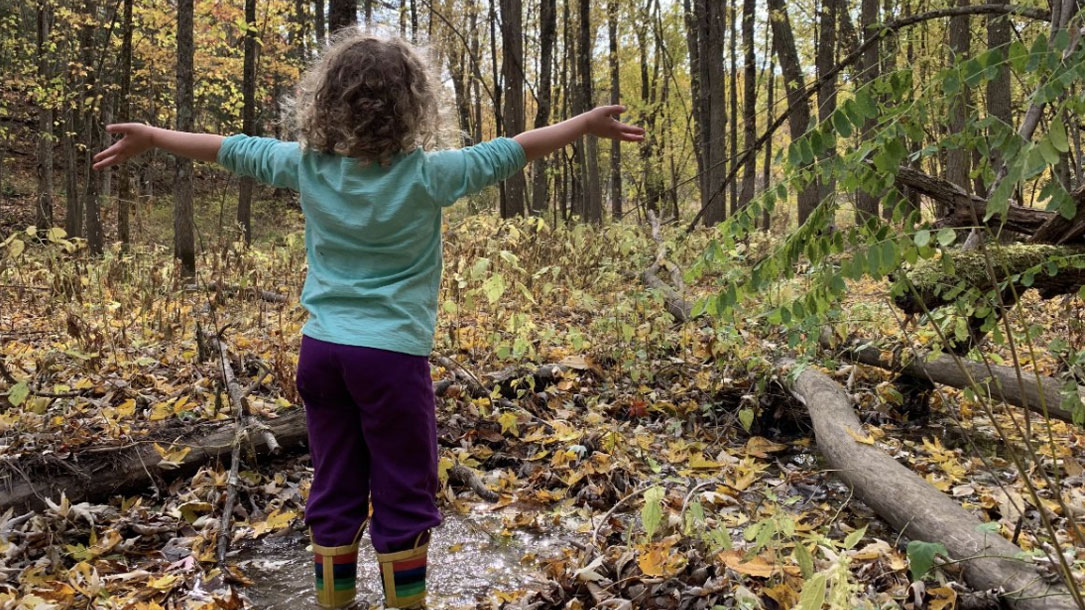
They’re climate scientists. They’re mothers. Now they’re joining the battle to get Americans to act
“Those of us who understand climate change are disappointed by gridlock on the issue,” said Emily Fischer, a climate scientist at Colorado State University, who narrated the 90-second spot featuring her daughters enjoying the outdoors. “The goal of Science Moms is to push through that—to reach directly to mothers and let them know this is a threat to their kids. The kids they make sandwiches for, the kids who crawl into their beds at night, the kids who drive them crazy sometimes. To those kids. Not someone else’s kids…”
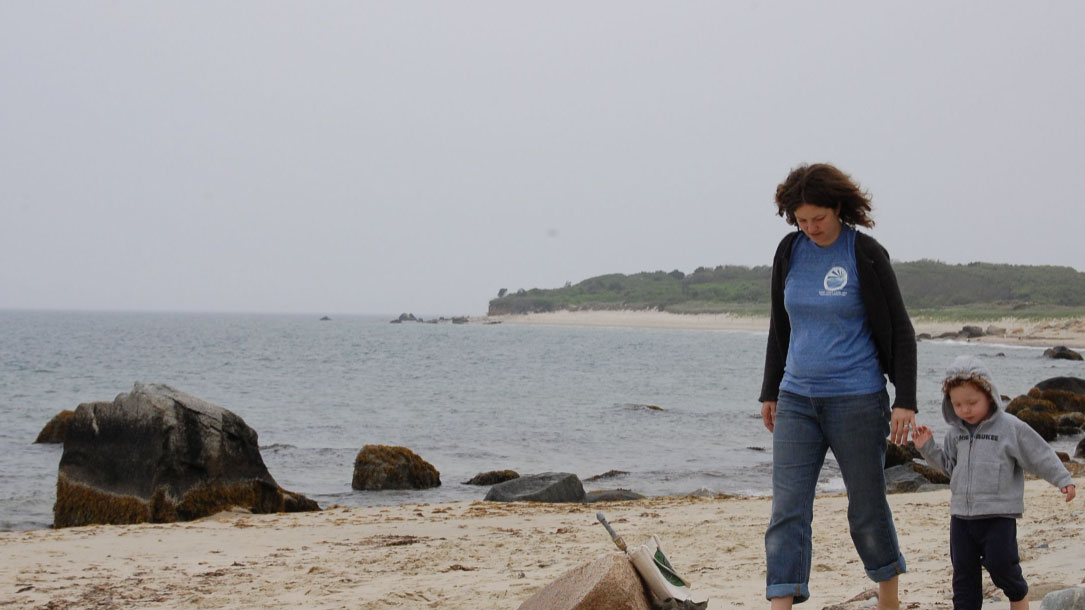
Let’s talk climate
You know that the science on climate change is clear. But less than half of us talk about it with family and friends—and we can’t fix what we don’t talk about.
Check out our how-to guide for simple tips to get the conversation started. You’ll learn:
- What’s more important than being an expert on the facts
- How to connect to the person across from you
- The kinds of questions to ask if you get stuck…
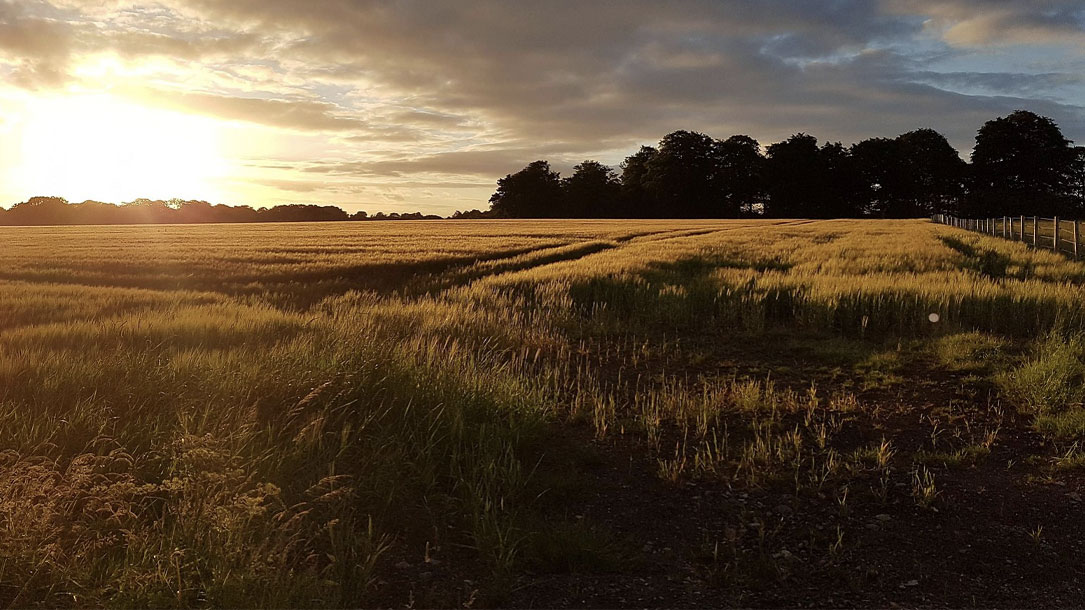
Smart Solar Siting for New England: free webinar series
Join American Farmland Trust, Acadia Center, Conservation Law Foundation, Vote Solar, and Vermont Law School for a four-part webinar series, as we share outcomes from our joint two-year project seeking to reduce conflicts over the siting of solar facilities…

Making the change: breaking our fossil fuel habit
An iceburg melts in the Arctic; saltwater seeps into the Florida Everglades, the sun bakes a lakebed in Bolivia, trees die in the mountains of Germany, and bush fires sweep across southwest Australia. Although thousands of miles apart, these events are connected: they have all been intensified by climate change primarily caused by our burning of fossil fuels. Since ancient times, humans have burned wood, peat, and oil for heating, cooking, and light. In the U.S., as elsewhere, coal powered the industrial age until the discovery of vast amounts of underground petroleum in the mid-19th century. American industrial might was built on energy derived from fossil fuels—the decomposed remains of plants and animals found in the Earth’s crust. These fuels contain carbon and hydrogen, and it is carbon that is the problem.

House passes major conservation bill, sending it to Trump’s desk
“The House on Wednesday approved a major public lands conservation bill, sending it to the White House, where President Trump is expected to sign it into law.
The measure passed in a 310-107 vote.
The bill, known as the Great American Outdoors Act, would provide $900 million in federal oil and gas revenues for the Land and Water Conservation Fund (LWCF), which helps secure land for trails and parks…”

Cornell University divesting from fossil fuels to focus on alternative energy, renewables
The investments for this category are expected to decrease to zero over the next five to seven years as the investments mature, according to Bob Howarth, a Cornell professor of ecology and environmental biology who helped lead the divestment efforts and now heads the University Assembly.
Instead of investing in fossil fuels, the university will grow its $6.9 billion endowment portfolio by investing in alternative energy and renewables…
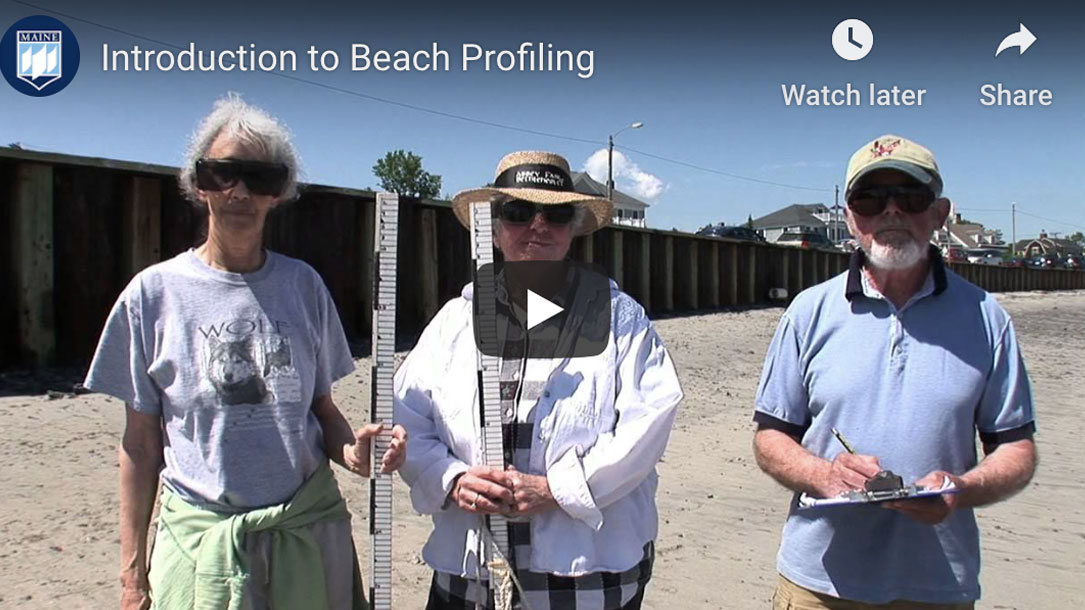
Volunteers mapping the state of Maine’s beaches since 1999
Beach profiling is a simple surveying technique used to measure changes in the contour of the monitored beach. The Southern Maine Volunteer Beach Profile Monitoring Program is a unique collaboration among local volunteers, participating municipalities, and scientists, resulting in over 20 years of critical data on the status of one of Maine’s most vital and valuable natural resources…
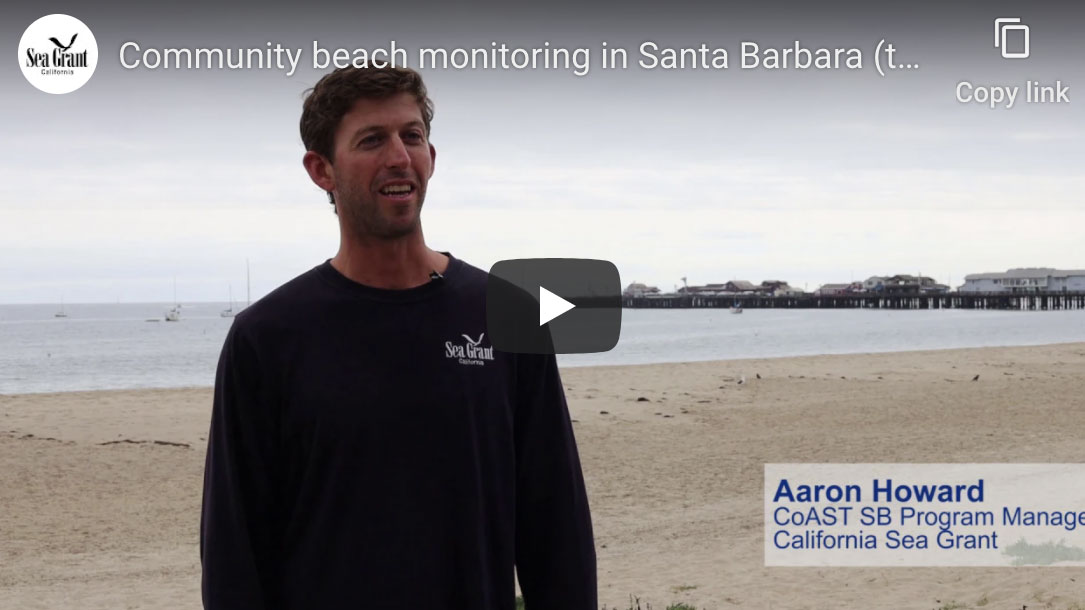
Community alliance for surveying the topography of sandy beaches
Join us on the beach!
Community Alliance for Surveying the Topography of Sandy Beaches (CoAST SB) volunteers monitor the movement of our shoreline in Santa Barbara and Ventura counties. We measure the contour of sandy beaches (known as beach profiles) using a quick and simple survey technique that takes approximately one hour, once per month. No experience is necessary…
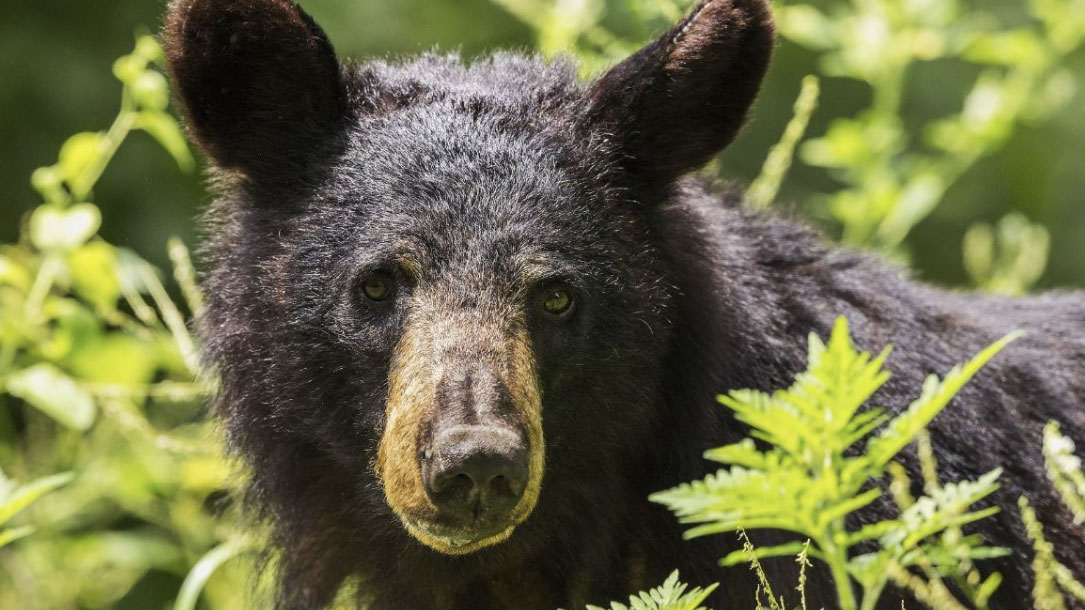
Wildlife collapse from climate change is predicted to hit suddenly and sooner
“It’s not that it happens in some places,” said Cory Merow, an ecologist at the University of Connecticut and one of the study’s authors. “No matter how you slice the analysis, it always seems to happen.”
If greenhouse gas emissions remain on current trajectories, the research showed that abrupt collapses in tropical oceans could begin in the next decade [emphasis added]. Coral bleaching events over the last several years suggest that these losses have already started, the scientists said. Collapse in tropical forests, home to some of the most diverse ecosystems on Earth, could follow by the 2040s…
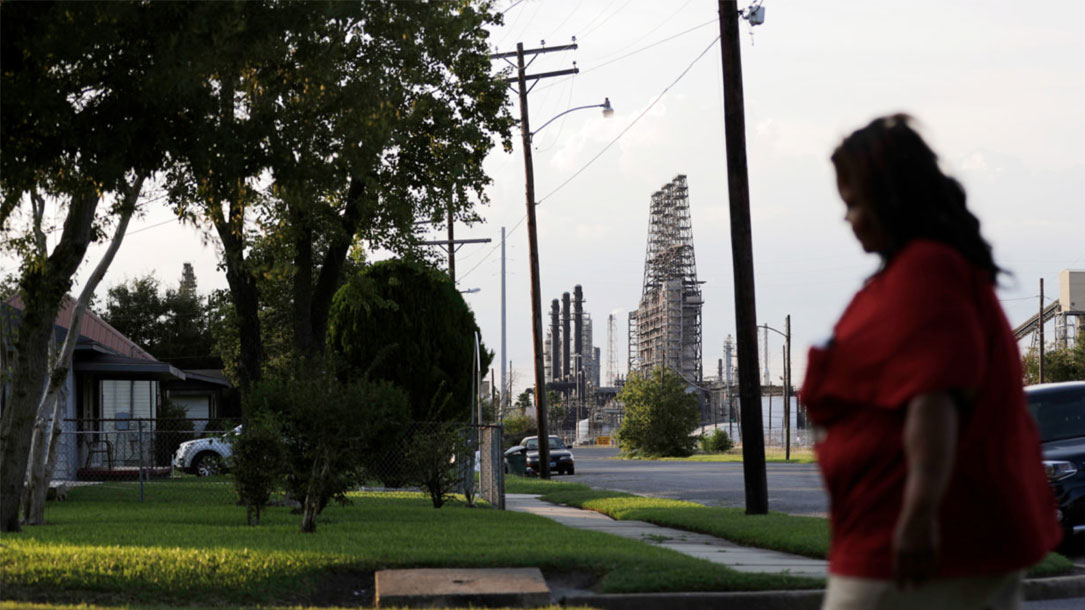
Unequal Impact: The deep links between racism and climate change
The killing of George Floyd by Minneapolis police and the disproportionate impact of Covid-19 on African Americans, Latinos, and Native Americans have cast stark new light on the racism that remains deeply embedded in U.S. society. It is as present in matters of the environment as in other aspects of life: Both historical and present-day injustices have left people of color exposed to far greater environmental health hazards than whites.
Elizabeth Yeampierre has been an important voice on these issues for more than two decades. As co-chair of the Climate Justice Alliance, she leads a coalition of more than 70 organizations focused on addressing racial and economic inequities together with climate change. In an interview with Yale Environment 360, Yeampierre draws a direct line from slavery and the rapacious exploitation of natural resources to current issues of environmental justice. “I think about people who got the worst food, the worst health care, the worst treatment, and then when freed, were given lands that were eventually surrounded by things like petrochemical industries,” says Yeampierre.



